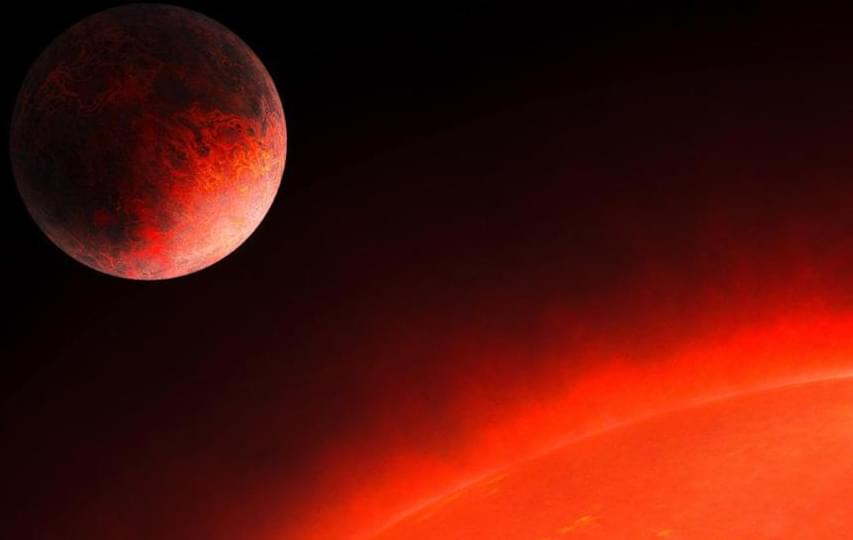An international team of astronomers using NASA’s Transiting Exoplanet Survey Satellite (TESS) has detected a rocky planet, about half the mass of Earth, in an extraordinarily short 7.7-hour orbit around its parent star.
It’s a reminder that the science of extrasolar planet hunting seems to enter bizarro land with each new discovery. Planetary scientists still haven’t figured out how our own tiny Mercury — which orbits our Sun once every 88 days — actually formed and evolved. So, this iron-rich ultrashort-period (USP) planet, dubbed GJ 367b should really boggle their minds.
It’s completely rocky, unlike most previously detected gaseous hot Jupiters on extremely short stellar orbits. As a result, the tiny planet is estimated to have a surface with temperatures of 1,500 degrees Celsius, hot enough to melt iron; hardly an Earth 2.0.










Comments are closed.